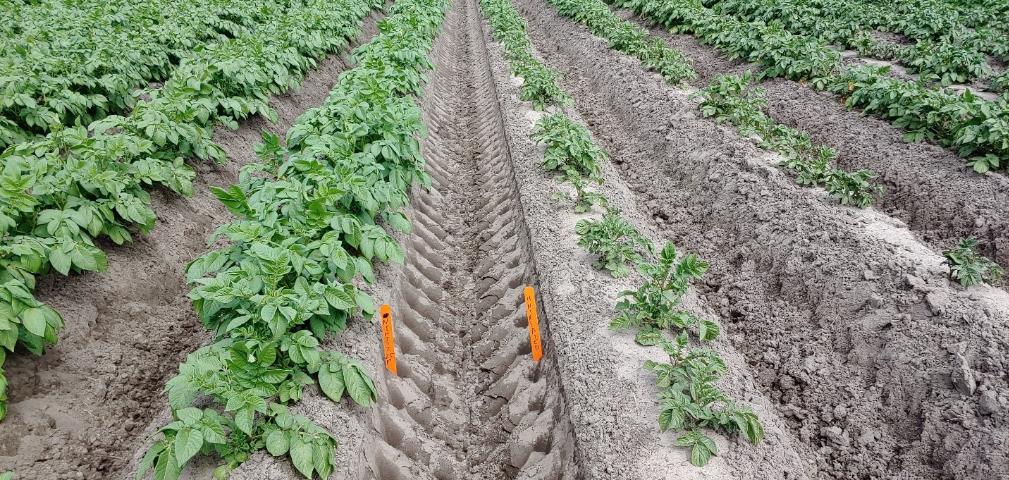By Clint Thompson
Potato producers need to be diligent in applying nematicides. Nematode control is essential every year, especially for farmers in Northeast Florida, says Zane Grabau, assistant professor of nematology at the University of Florida Institute of Food and Agricultural Sciences (UF/IFAS).

“The main thing is you can’t take a year off from applying a nematicide. If you do, then your crop is really going to suffer,” Grabau said. “There are some cases that even with their application program, they still have problems. For example, if they plant a little bit later and it gets warm at the end of the year, they’ll have issues with root-knot nematodes at the end of the season.”
Farmers in the northeastern region of the state need to be mindful of nematode control because of their lack of crop rotations. They grow potatoes every year, so they are on a shorter rotation. The crop can experience major issues with the microscopic worm-like pest.
“Most of them in Northeast Florida are growing potato every year, and then in the summer, they’re growing sorghum sudangrass which helps with building up their beds and getting a little bit of organic matter in there,” Grabau said. “Unfortunately for the nematodes they deal with, mainly sting and stubby root, the sorghum sudangrass is also a host. It increases problems with that.”
Grabau said he is researching sunn hemp to determine if it is a better cover crop management option. Another focal point of his research is testing new nematicides that come available to determine their effectiveness. Nemix is an option for sting nematodes and has performed well. However, adoption has been slow, due to its high cost.

Photo: Credit: Zane Grabau, UF/IFAS
“It’s good to have another product available,” he added. “In case something happens with Telone or you have somebody who decides they don’t want to fumigate anymore, you have options available.”
Sting nematodes will reduce the plant’s vigor of plant, which will decrease the plant’s yield. Stubby nematodes will vector a virus that causes corky ring spot disease. It disfigures the tubers and makes the potatoes unmarketable. Root-knot nematodes causes galls on the tubers as well.
Most growers use fumigation as a method of control. Telone, which contains 1,3-D as an active ingredient, is a popular product.
“A lot of the growers are applying Vydate during the season in-furrow and then foliar applications. That’s mainly for corky ring spot,” Grabau said.










